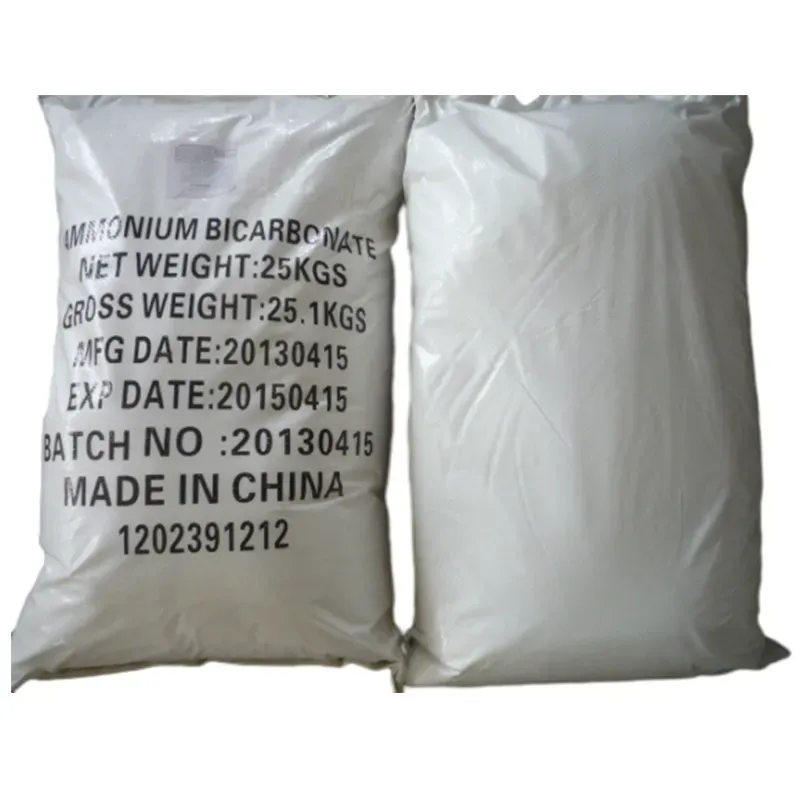TEL: 0086-311-88862036

Feb . 14, 2025 00:55
Back to list
glazing agent 904
Glazing agent 904, commonly known as shellac, is a versatile ingredient that serves multiple roles across different industries. Known for its natural origin, glazing agent 904 is derived from the resin secreted by the female lac bug. This resin is subsequently processed and purified to produce the shellac glaze we are familiar with. Its natural basis appeals to consumers who are increasingly leaning toward sustainable and eco-friendly products.
From a technical viewpoint, the use of glazing agent 904 requires minimal processing and energy, aligning with the principles of green chemistry. Its biodegradability positions it as an eco-conscious option, reflecting positively on the corporate social responsibility goals of manufacturing companies. By reducing the carbon footprint, companies not only adhere to regulatory requirements but also gain a competitive edge in marketing their products as environmentally responsible. To further reflect on the experience of utilizing glazing agent 904, industry professionals have noted its ease of application due to its versatility and compatibility with other ingredients. The proficiency with which it integrates into existing processes without compromising on quality or performance is testament to its engineered excellence. Feedback from users frequently highlights the seamless transition observed in substituting synthetic agents with this natural glaze, without adverse effects on product efficacy or consumer satisfaction. Glazing agent 904 represents a harmonious blend of traditional uses and contemporary demands for sustainability, providing an exemplary model for the modern-day ingredient. Companies that prioritize innovation and consumer safety can rely on the established expertise of glazing agent 904 as a cornerstone for product development. In a competitive landscape that values authenticity and responsibility, embracing the multifaceted benefits of glazing agent 904 is as much a strategic decision as it is an ethical one. In essence, glazing agent 904 is more than just a coating substance; it is a testament to the intersection of nature and technology, providing reliable and ethical solutions across industries. As consumer preferences continue to evolve towards natural and sustainable choices, the relevance of such agents will only increase, paving the way for future innovations that align with holistic environmental and consumer health goals. Companies would do well to capitalize on this trend, reassuring stakeholders with a product that is deeply rooted in tradition yet powerfully progressive.


From a technical viewpoint, the use of glazing agent 904 requires minimal processing and energy, aligning with the principles of green chemistry. Its biodegradability positions it as an eco-conscious option, reflecting positively on the corporate social responsibility goals of manufacturing companies. By reducing the carbon footprint, companies not only adhere to regulatory requirements but also gain a competitive edge in marketing their products as environmentally responsible. To further reflect on the experience of utilizing glazing agent 904, industry professionals have noted its ease of application due to its versatility and compatibility with other ingredients. The proficiency with which it integrates into existing processes without compromising on quality or performance is testament to its engineered excellence. Feedback from users frequently highlights the seamless transition observed in substituting synthetic agents with this natural glaze, without adverse effects on product efficacy or consumer satisfaction. Glazing agent 904 represents a harmonious blend of traditional uses and contemporary demands for sustainability, providing an exemplary model for the modern-day ingredient. Companies that prioritize innovation and consumer safety can rely on the established expertise of glazing agent 904 as a cornerstone for product development. In a competitive landscape that values authenticity and responsibility, embracing the multifaceted benefits of glazing agent 904 is as much a strategic decision as it is an ethical one. In essence, glazing agent 904 is more than just a coating substance; it is a testament to the intersection of nature and technology, providing reliable and ethical solutions across industries. As consumer preferences continue to evolve towards natural and sustainable choices, the relevance of such agents will only increase, paving the way for future innovations that align with holistic environmental and consumer health goals. Companies would do well to capitalize on this trend, reassuring stakeholders with a product that is deeply rooted in tradition yet powerfully progressive.
Next:
Latest news
-
What Is a Food Additive? Global Insights, Applications & Future TrendsNewsNov.24,2025
-
968 Sweetener: The Modern Solution for Health-Conscious SweeteningNewsNov.23,2025
-
Discover the Benefits and Uses of 965 Sweetener (Erythritol) | Tenger ChemicalNewsNov.23,2025
-
961 Sweetener - A Next-Gen Sugar Alternative for Health and IndustryNewsNov.23,2025
-
Understanding 960 Sweetener: The Modern Sugar Alternative for Health and IndustryNewsNov.22,2025
-
Everything You Need to Know About 955 950 Sweeteners – Benefits, Uses, and TrendsNewsNov.22,2025
-
953 Sweetener: Global Insights, Applications, and Future TrendsNewsNov.21,2025
HOT PRODUCTS
Hebei Tenger Chemical Technology Co., Ltd. focuses on the chemical industry and is committed to the export service of chemical raw materials.
-

view more DiethanolisopropanolamineIn the ever-growing field of chemical solutions, diethanolisopropanolamine (DEIPA) stands out as a versatile and important compound. Due to its unique chemical structure and properties, DEIPA is of interest to various industries including construction, personal care, and agriculture. -

view more TriisopropanolamineTriisopropanolamine (TIPA) alkanol amine substance, is a kind of alcohol amine compound with amino and alcohol hydroxyl, and because of its molecules contains both amino and hydroxyl. -

view more Tetramethyl Thiuram DisulfideTetramethyl thiuram disulfide, also known as TMTD, is a white to light-yellow powder with a distinct sulfur-like odor. It is soluble in organic solvents such as benzene, acetone, and ethyl acetate, making it highly versatile for use in different formulations. TMTD is known for its excellent vulcanization acceleration properties, which makes it a key ingredient in the production of rubber products. Additionally, it acts as an effective fungicide and bactericide, making it valuable in agricultural applications. Its high purity and stability ensure consistent performance, making it a preferred choice for manufacturers across various industries.





